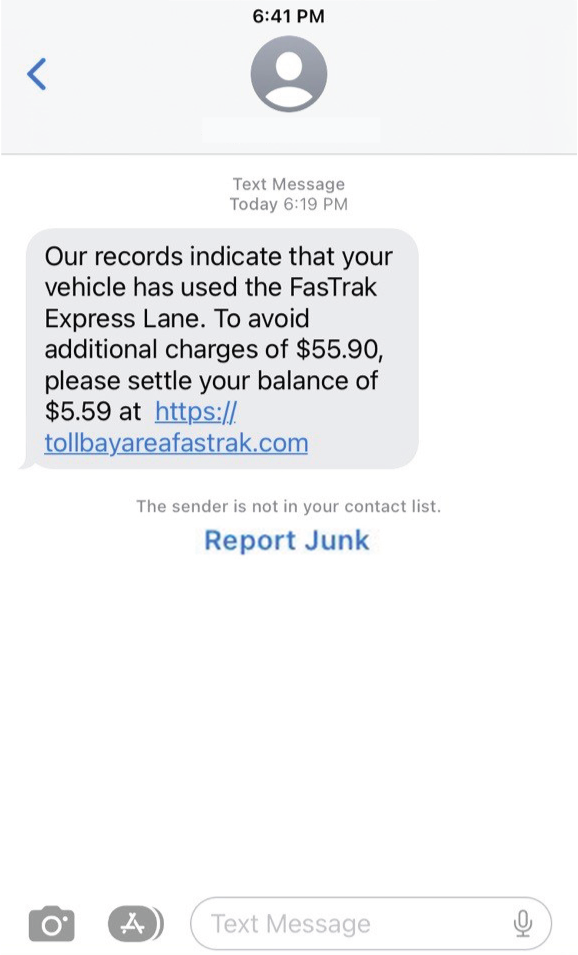The Economist Magazine had a cover story on 8 Feb 2025 entitled Scam Inc. Organized crime associated with cyberscams extracts $50 billion per year from American citizens. Cybercrime rivals the illegal drug industry in size. Scammers have taken over governments: scamming might constitute about half of Cambodia’s GDP. Unlike the drug industry, it is more of a network than a hierarchy. In fact scam operations have been found in Africa, Eastern Europe and even the Isle of Man. They are growing in sophistication and branching out from pig butchering.
The Economist also has an eight-part podcast where they interview law enforcement, victims, former scammer employees (some of them brought in via fraud and threatened with torture if they underperformed).
One cybercrime victim was a CEO of a small bank in Kansas that he collapsed in 2023 by shifting millions of personal, church, and bank dollars over to a fake crypto app. He is now serving a 20+ year sentence for embezzlement. Skilled professionals are being hired to run these scams and they are branching out into malware. It’s an industry, and the range of victims is far wider than it was a decade ago.
Just as the military needs to shift resources to drone warfare, so the US should shift funds away from drug law enforcement to scam abatement. China made a locally popular film about scamming - Hollywood should do the same. The media needs to cover this more. Consumer Reports and Wirecutter need to review crypto companies, identifying which ones are not 100% scam. (Yeah, yeah, the best of them are scammy, so what?) Scam baiters need to be deputized and subsidized. Bluesky and Twitter-X should run ad campaigns warning about the scammers that are ubiquitous at their websites and how they operate. Someone should set up another cybersecurity website, but focused on the public rather than corporate professionals. They could start by absorbing Brian Kreb’s blog. We need to up our game.
Like drugs, there are supply and demand side approaches. At least nobody wants to lose their savings to a crypto scam, unlike illicit drugs which many enjoy until they don’t.
We have an anti-scam thread in the pit, but I think a scam-news/scam-policy thread is warranted.
We could also post questions here like, “What is pig butchering”?
